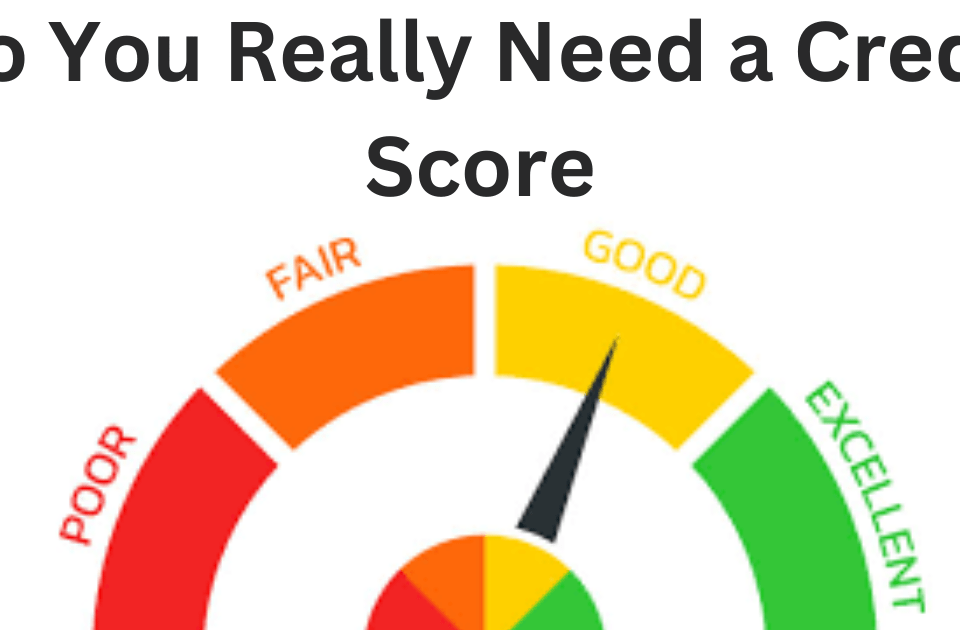Someone Pulled My Credit Without My Approval. Should I Dispute It?
Your loan payments are all time and you are confident that you are responsible for managing your credit. You even take time to find mistakes on your credit report every year to ensure that your score doesn’t take a dive.
However, despite all that hard work you put into it, your credit still suffers for reasons that aren’t even your fault in the first place.
Some forms of credit inquiries can affect your credit score and one made without your approval is even more worrisome. If you are lucky, this could have been because you signed up for a certain service not knowing that a credit approval is required. But if you are unlucky, this may imply an attempted identity theft.
The good news is that you can take a few steps to keep yourself protected and lessen potential damage that an unauthorized inquiry may bring about.
There are a few things you should know and remember when it comes to unauthorized credit inquiries:
- Keep a close eye on your credit report to point out mistakes early on right away.
- Unauthorized hard inquiries may indicate an attempted identity theft.
- Be sure to submit your complaint to the CFCB or Consumer Financial Protection Bureau if you notice an unauthorized inquiry.
- Call the credit bureau and the lender and consider having your credit frozen.
Important Types of Credit Inquiry
Credit inquiries have two different types that matter the most, each of which has a different effect on the credit score of a consumer. These are soft inquiries and hard inquiries.
If someone has authorized a hard inquiry of your report, you can expect your score to drop from around 5 to 10 points for one year for every hard inquiry. On the other hand, a soft inquiry won’t have any effect at all on your credit score.
How to Deal with Unauthorized Hard Inquiries on Your Credit
Below are the things you should do to handle any unauthorized hard inquiry on your credit:
-
Get in touch with the company directly.
There is always the possibility that the company that made the inquiry only did it by mistake. Errors on credit reports are quite common. In fact, a significant number of consumers had erroneous entries that appeared on at least one of the three credit reports.
-
Dispute the inquiry and alert the credit bureaus.
If your credit was pulled without your approval or was run in error, it is part of your risk to request the said credit bureau to have the inquiry deleted from your file. For this, you might have to file a dispute with the said credit bureau and the company that gave the details on the inquiry.
-
Submit your complaint to the CFPB.
Over a million complaints are being handled by the CFPB and it claims to have a high success rate when it comes to getting timely responses from financial companies to consumers with the help of its system for reporting complaints.
-
Check your credit report regularly.
With the existence of the FCRA or Fair Credit Reporting Act, the law entitles consumers to receive their credit report’s copy for free from the three major credit reporting companies once every 12 months.
Credit monitoring programs are also put in place that watch out for changes to your reports as well as services for identity theft protection monitoring the cyberspace for personally identifiable information often for a certain fee every month.






